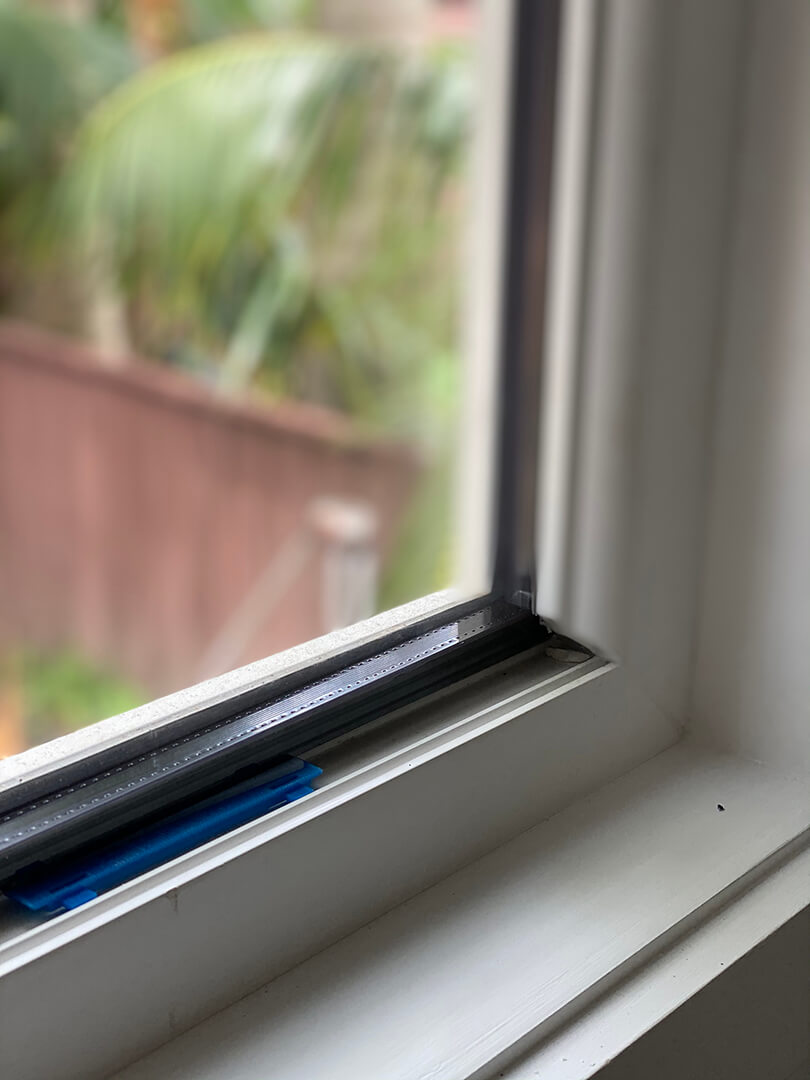All Categories
Featured
Table of Contents
Why Does Double Glazing Help To Keep Us Cool In Summer? in Spearwood WA
Glazing simply implies the windows in your home, including both openable and fixed windows, as well as doors with glass and skylights. Glazing in fact just implies the glass part, but it is normally used to describe all elements of an assembly consisting of glass, movies, frames and furnishings. Focusing on all of these aspects will help you to accomplish efficient passive design.
Energy-efficient glazing makes your home more comfy and dramatically reduces your energy expenses. However, improper or poorly designed glazing can be a significant source of undesirable heat gain in summer and considerable heat loss and condensation in winter season. Up to 87% of a house's heating energy can be gained and approximately 40% lost through windows.
Glazing And Glass Options - Smarter Homes in Greenmount Perth
Glazing is a significant investment in the quality of your home. The expense of glazing and the cost of heating and cooling your house are closely related. A preliminary financial investment in energy-efficient windows, skylights and doors can significantly reduce your annual heating & cooling costs. Energy-efficient glazing also lowers the peak heating and cooling load, which can minimize the required size of an air-conditioning system by 30%, resulting in further expense savings.

This tool compares window selections to a base level aluminium window with 3mm clear glass. Understanding a few of the key residential or commercial properties of glass will assist you to choose the very best glazing for your house. Secret properties of glass Source: Adapted from the Australian Window Association The amount of light that goes through the glazing is called noticeable light transmittance (VLT) or visible transmittance (VT).
Benefits Of Replacing Double Glazing Windows In The Summer in Martin Perth
The U value for windows (revealed as Uw), describes the conduction of the whole window (glass and frame together). The lower the U worth, the higher a window's resistance to heat flow and the much better its insulating value.
If your house has 70m2 of glazing with aluminium frames and clear glass with a U value of 6. 2W/m2 C, on a winter season's night when it is 15C chillier outside compared to indoors, the heat loss through the windows would be: 6. 2 15 70 = 6510W That is comparable to the total heat output of a big room gas heating unit or a 6.
Single Glazed Vs Double Glazed Windows - Ultimate Guide in North Perth Western Australia

If you choose a window with half the U value (3. 1W/m2 C) (for instance, double glazing with an argon-filled gap and less-conductive frames), you can cut in half the heat loss: 3. 1 15 70 = 3255W The solar heat gain coefficient (SHGC) for windows (expressed as SHGCw) measures how easily heat from direct sunlight streams through a whole window (glass and frame together).
The lower a window's SHGC, the less solar heat it sends to the house interior. The real SHGC for windows is impacted by the angle that solar radiation strikes the glass.
Enjoy Your Summer More With Double Glazed Windows in Mundaring WA
When the sun is perpendicular (at 90) to the glass, it has an angle of occurrence of 0 and the window will experience the maximum possible solar heat gain. The SHGC declared by glazing manufacturers is constantly determined as having a 0 angle of occurrence. As the angle increases, more solar radiation is reflected, and less is transferred.
Table of Contents
Latest Posts
Reglazing Single Glazed Windows With Double Glazed Units in White Gum Valley Western Australia
Replacement Double Glazing - Upvc Windows in Kingsley Perth
Energy Efficiency With Double Glazed Windows 2023 in Como Perth
More
Latest Posts
Reglazing Single Glazed Windows With Double Glazed Units in White Gum Valley Western Australia
Replacement Double Glazing - Upvc Windows in Kingsley Perth
Energy Efficiency With Double Glazed Windows 2023 in Como Perth